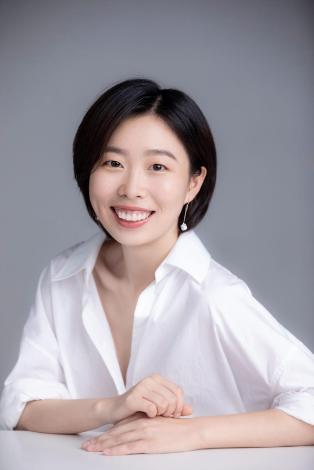
Ye Huang is a first-year master's student from China. Darren Rabinowitz asked Ye about her recently acquired internships and their importance in her future career.
1. What sparked your interest in climate change education?
Before coming to TC, I worked as a teacher for five years, taking high school students to Africa, Southeast Asia, and South America to do field research and write articles. Among all the topics we investigated, I know I am most interested in environmental protection. Deforestation in Kalimantan Island, wildlife consumption in Uganda, Mining in the Amazon rainforest...the fragmentary scenery I saw around the world made me feel sad and encouraged me to fight for the environment. What even caught my attention was when I found that many young people in the areas I visited were not aware of the dire environmental crises they lived near. They seemed not ready to lead a change and save their homeland. This experience reminded me of my journey growing up beside Yangzi River. I grew up not aware of what was happening around me until villages became modern cities and Chinese river dolphins became endangered in my generation. That is the reason why I came to TC, learning to empower the young generation to fight for their homeland and Mother Earth. However, I didn't understand much about climate change before coming here.
2. For you, what was a moment at Teachers College that made you want to dedicate part of your studies toward climate change topics?
I thought climate change was a topic that was uncertain and far away from us until I had my course-Environmental and Sustainability Education (ITSF 5031) with Professor Oren Pizmony-Levy last semester. During the class, I learned about climate change from physical science, social science, and indigenous knowledge perspectives; I talked to scientists, teachers, and researchers; I participated in a climate change protest in New York City with young activists, visited NGOs and museums. All the facts and actions shared by these people shocked me and made me regret why I didn’t learn about climate change proactively before. I have hope in the young generation. I feel the desperation and sadness in the young generation, meanwhile, I feel the responsibility as an adult to empower more young people to protect their future. Therefore, I wish to pursue climate change education as my career.
3. Can you tell us more about the internships you will be doing this summer? What are you most looking forward to?
In the spring semester, I am working as an intern in the Principles for Responsible Management Education(PRME)team in UN Global Compact Office. PRME engages business and management schools to ensure they provide future leaders with the skills needed to balance economic and sustainability goals. In the summer, I will work as an intern with the Action for climate empowerment (ACE) team in UNFCCC. ACE empowers all members to engage in climate action through education, training, public awareness, public participation, public access to information, and international cooperation. Both of the teams are building a collaborative global community to share the good practices of sustainability education. The future is uncertain, none of us knows the exact answers to the solution. I think building a sharing community is a great way to tackle the challenges in front of us. So I am looking forward to learning from these two amazing teams and contributing to the mission of the organizations.
4. What do you hope to get learn from these internship experiences and where do you hope they will lead you professionally or academically?
In terms of professional development, both of the two internships emphasize the importance of communication, which I think is essential in climate change education. So I hope to learn how they communicate with different stakeholders and the public. In terms of academic development, climate change is a very complicated topic for me, so I hope the internships will provide me with an opportunity to draw a comprehensive picture of collaborative efforts towards climate change. The internship experiences will also set a foundation for me to explore effective climate change education in the future. Maybe I will write about them in my Integrated Project!
5. Anything else you would like us to know?
I am grateful for the education I received here at Teachers College. And I am grateful for my professors, alumni, peers who accompany me to start this journey. I won’t be able to follow my calling without them.